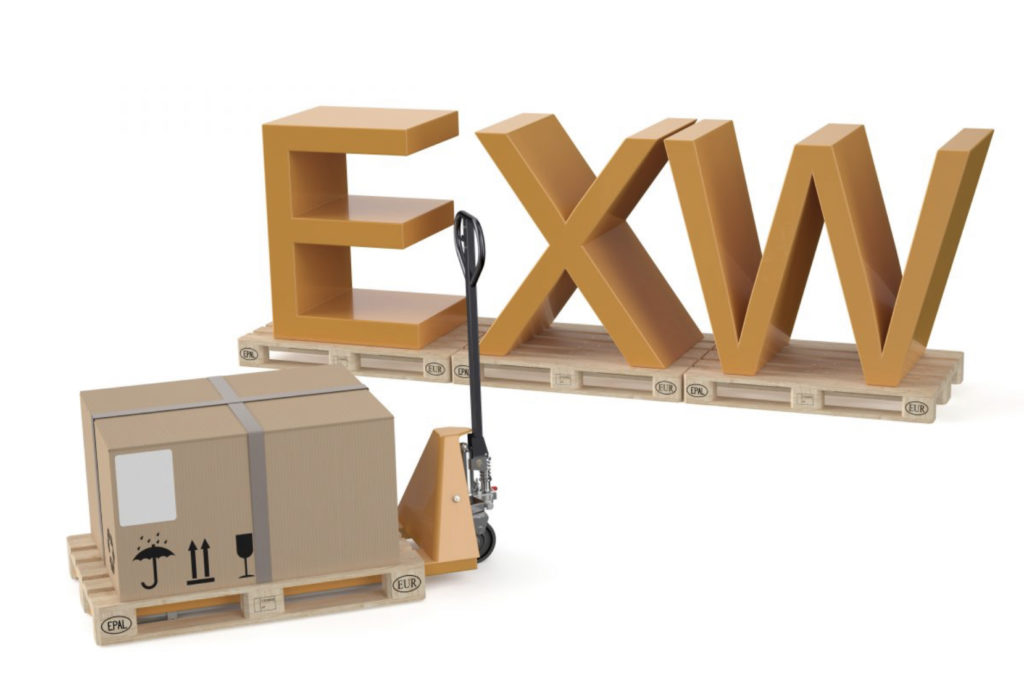
Ex works is an international commercial term whereby the seller makes the goods available in his facility and the buyer has to make shipping arrangements straight out of the seller’s facility. Once the seller makes the goods available in his location, his obligation is fulfilled. All risks attached to the movement of the goods out of the seller’s facility is to be borne by the buyer.
Ex works, as a contract option, is particularly good for the seller and not so good for the buyer. The seller is only required to safely package the goods, label them appropriately. The seller must also help the buyer get export licenses or other required paperwork, although the buyer must pay the actual fees for the documents.
Once the seller has the goods, it is up to the buyer to cover any expenses and account for any risks that pertain to the goods. Risks could include loading the products onto a truck, transferring them to a ship or plane, dealing with customs officials, unloading them at their destination, and storing or reselling them. Even if the seller helps the buyer by, for example, loading the product onto a ship, it’s still up to the buyer to pay up if anything goes wrong during the loading.
Under the Incoterms 2020 rules, EXW means the seller has fulfilled its obligation when the goods are made available to the buyer, usually at the seller’s location. The seller should package the goods appropriately or as specified in the agreement between both parties. The buyer is responsible for loading the goods on their transport and everything else necessary to get the goods to the final destination.
The risk or liability for the goods transfers from the seller to the buyer when the goods are made available at the named place. That means that if damage occurs while the goods are being loaded on the buyer’s transport, the buyer is at risk even if the seller is assisting with the loading. Precautions should be taken.
For instance, a UK manufacturer of data centre modules was contacted by a Nigerian company for the purchase of 375kw of data centre modules. The UK company(seller) agrees with the buyer in Nigeria that their delivery terms is Exworks, and their manufacturing lead time is 1 month .
What this means that the company in Nigeria(buyer) have 1 month to arrange the pickup of the item from the manufacturer’s facility in the UK, either through a third party company or through the firms logistics department(if they have the capacity).
The obligation of the manufacturer here is to ensure that the item is manufactured according to specification and must be ready in one month for pick up. They will also hand over all necessary export documents to the logistics company to enable smooth movement of the goods.
Most manufacturing companies who do not want to bother themselves with shipping and logistics always choose Exworks as their preferred trading terms; all they have to do is to focus on manufacturing and packaging to agreed specification.
Understanding Incoterms is very key to a smooth international transaction. We at Edas Global Supply Chain Limited know this so well and have helped and advised our numerous clients on the Incoterms suitable for peculiar transactions. We engage their manufacturers on approval to ensure that no matter where their goods might be situated, they are seamless picked up, shipped and delivered to our clients.
If you need advice or assistance with shipping your goods from anywhere to your doorstep, email us via info@edasglobalsupplychain.com or call +2347089921886.
